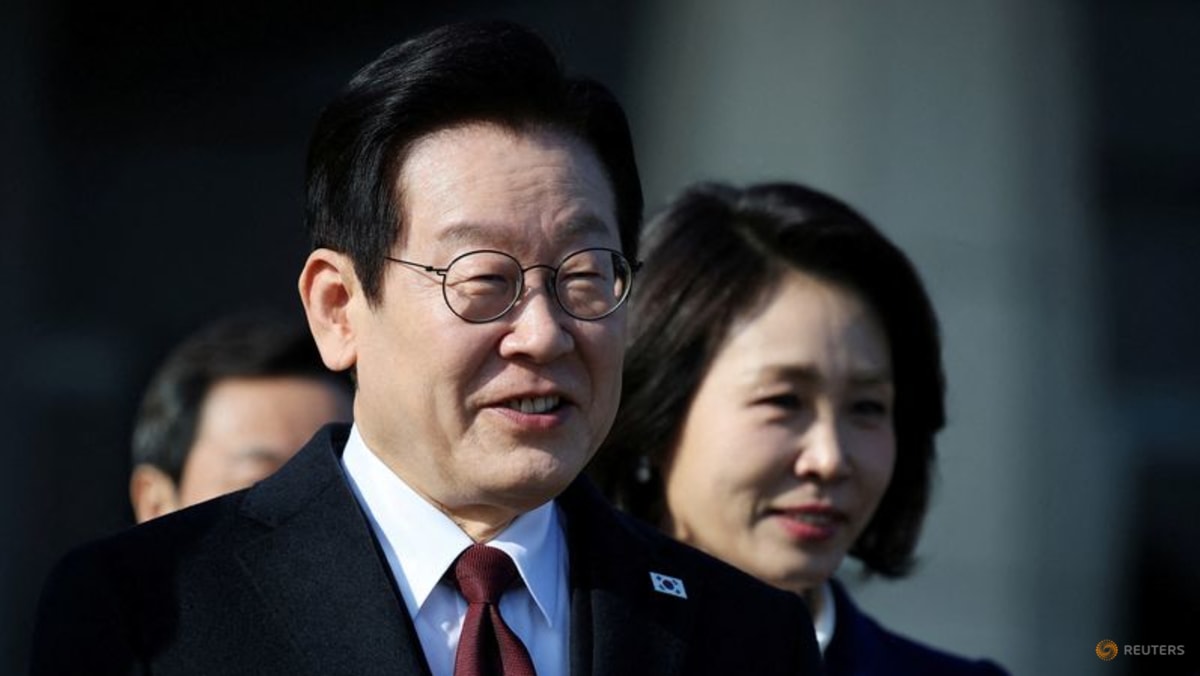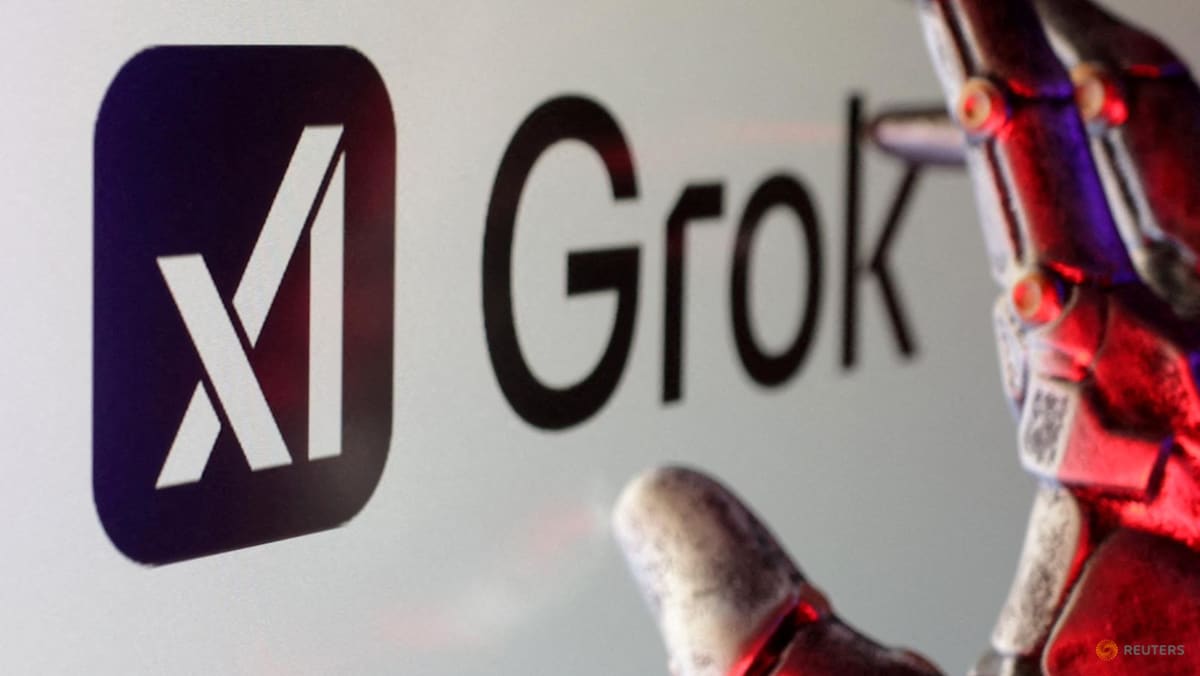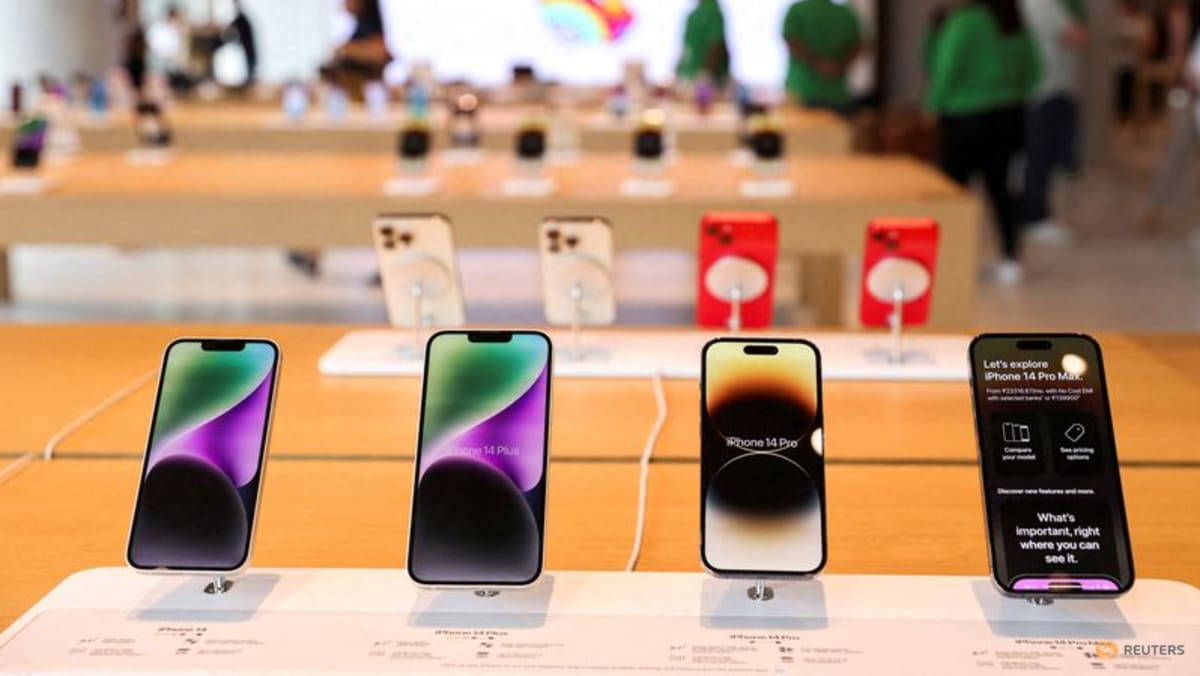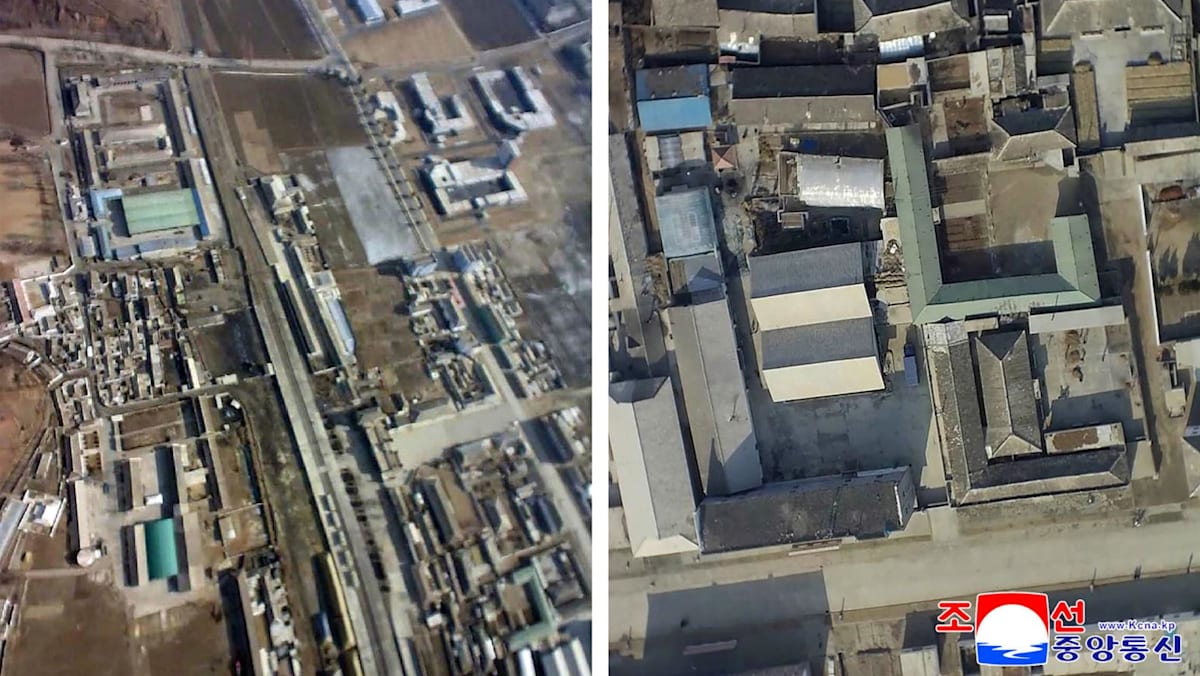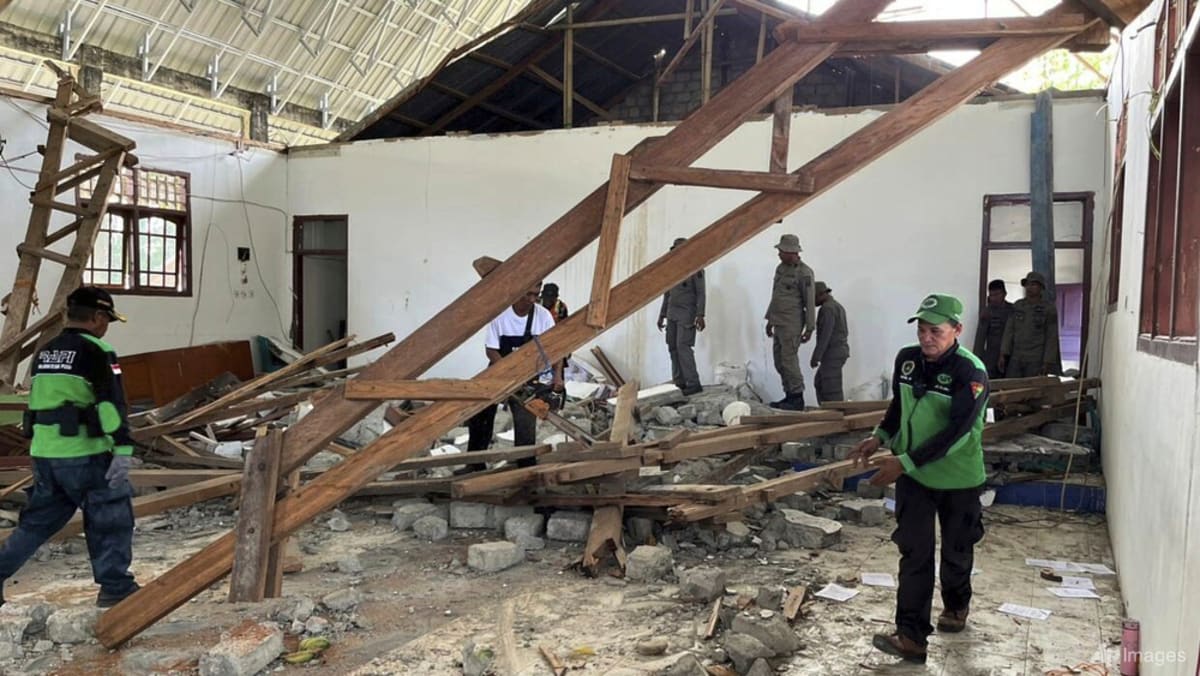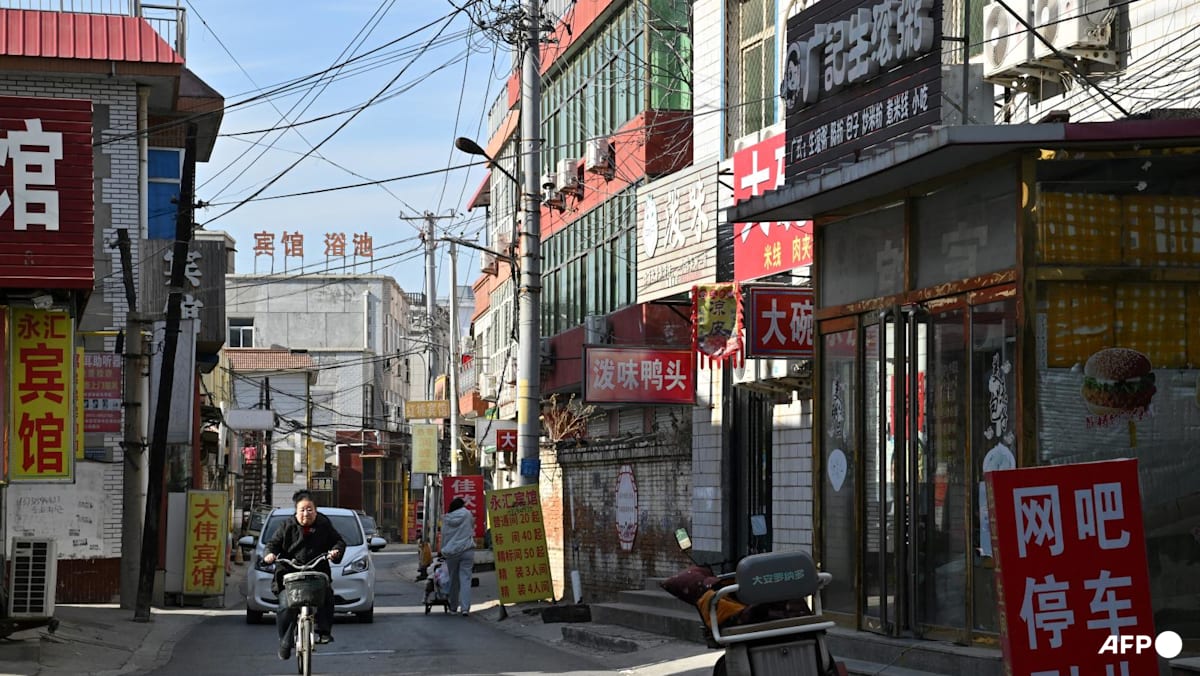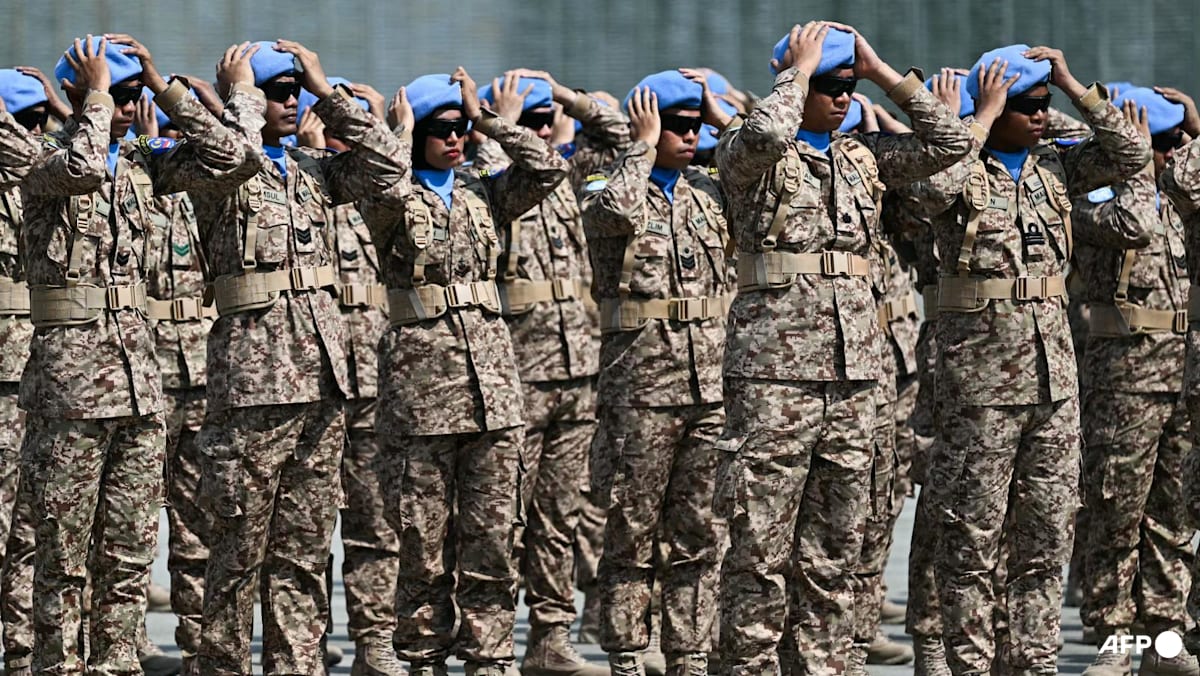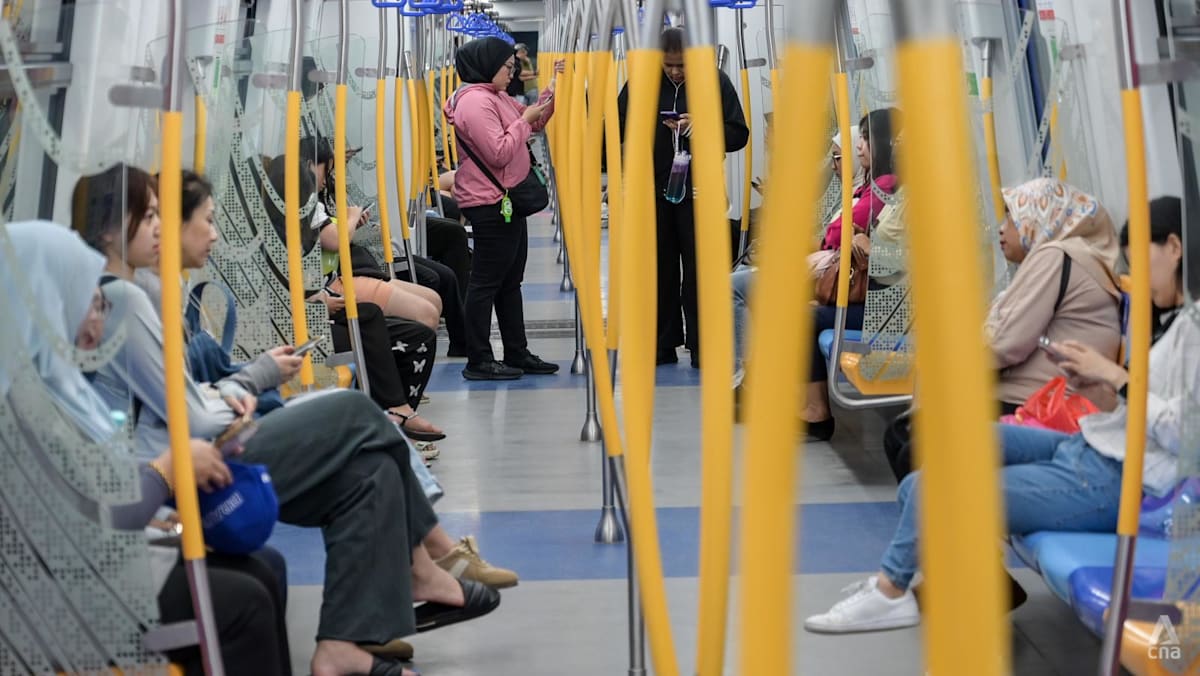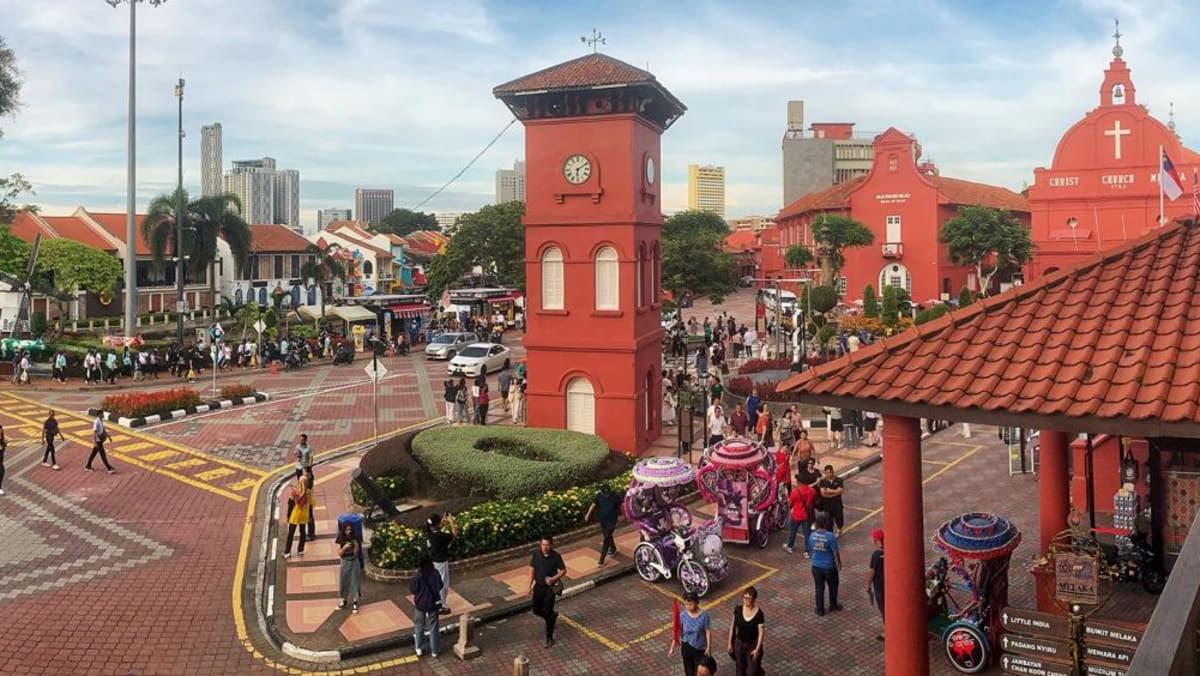A closer look at the three candidates and their running mates contesting Indonesia’s Feb 14 presidential election
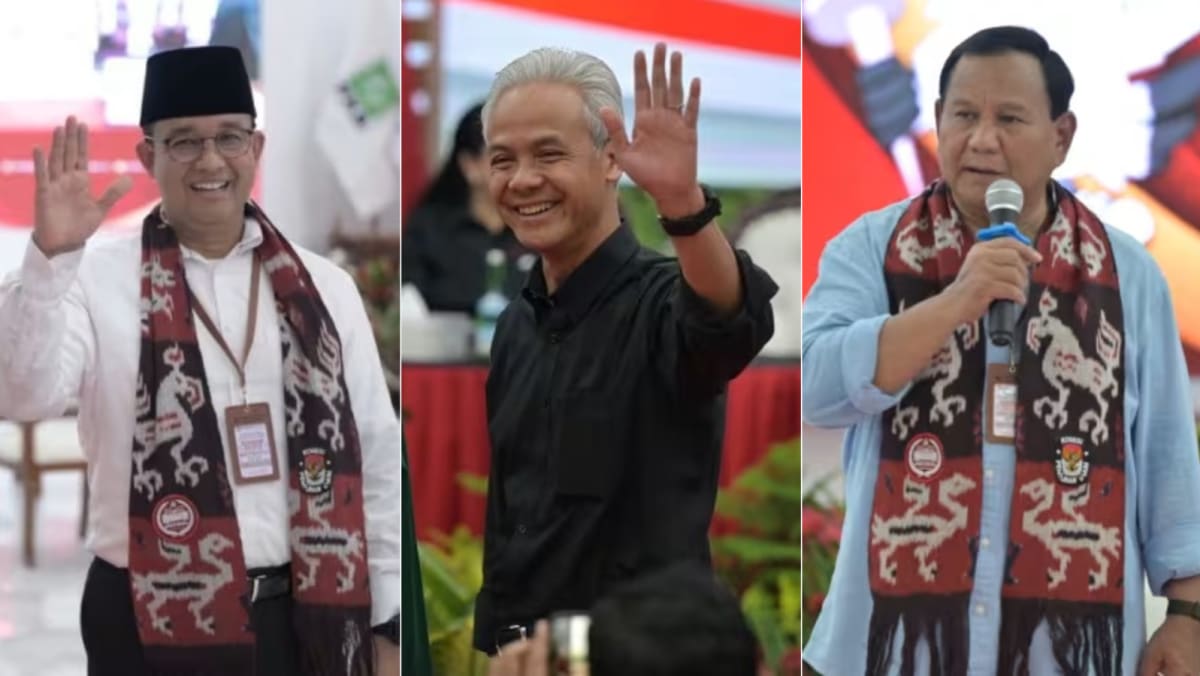
Mr Baswedan is supported by a coalition of four political parties: the National Democratic Party (Nasdem), the National Awakening Party (PKB), a staunch opposition of Mr Widodo’s administration the Prosperous Justice Party (PKS) and the Ummat Party, a newcomer which does not have seats in parliament.
The parties call themselves the Change for Unity Coalition (Koalisi Perubahan Untuk Persatuan), which Mr Muhtadi said provide hints that Mr Baswedan might be out to undo some of Mr Widodo’s policies if he is elected.
Mr Baswedan has promised to provide all Indonesians with access to quality and affordable public services, education and health as well as creating more economic opportunities to under-developed areas in the country.
Meanwhile, his running mate Mr Iskandar is a 57-year-old party chairman who has been active in politics since he was in college.
When several figures inside Indonesia’s biggest Islamic organisation Nahdlatul Ulama (NU) decided to form their own political party, the PKB in 1998, Mr Iskandar, who comes from a family of NU clerics decided to join. He became a PKB member of parliament the following year.
Mr Iskandar subsequently rose to PKB’s ranks and in 2005 became chairman of the party.
Partnering with Mr Iskandar in theory allows Mr Baswedan to tap into the NU voter base. The organisation has thousands of Islamic schools across the country producing millions of graduates who remain loyal to NU.
But recent polls suggest that the move barely improves Mr Baswedan’s popularity, which has stagnated since the September announcement, even in NU stronghold East Java.
“Not all NU supporters are PKB voters and not all PKB voters are Muhaimin’s supporters,” Mr Adi Prayitno, executive director of think-tank Parameter Politik Indonesia, told CNA.
Instead, Mr Baswedan’s decision to pick Mr Iskandar as his running mate in September had cost the pair support from the Democratic Party, a former coalition member which had earlier lobbied for Mr Baswedan to pick its chairman Agus Yudhoyono.
The Democrats have since joined Mr Subianto’s coalition of political parties.
GANJAR PRANOWO AND MAHFUD MD
Mr Pranowo served as a member of parliament for two terms before becoming the governor of Central Java in 2013.
Since he became governor, Mr Pranowo has often been compared with Mr Widodo because of the pair’s casual and approachable leadership style and habit of visiting places that other top politicians and public officials hardly ever set foot on, such as traditional markets, villages and poor urban neighbourhoods.
Out of the three candidates, analysts said Mr Pranowo is the one most likely to continue Mr Widodo’s policies and programmes.
Source: CNA


